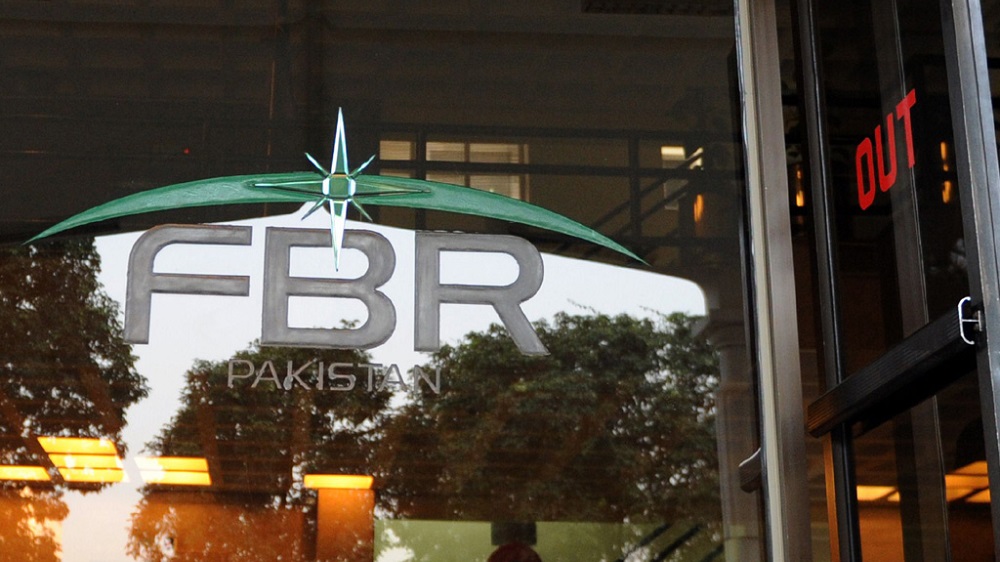The Federal Board of Revenue (FBR) has decided to implement key reforms in January 2021 by checking political interference in transfers/postings and reducing the total number of FBR members from existing thirteen to eight or nine under new reform and restructuring plan.
Sources familiar with matter told ProPakistani that the plan included reconfiguration of the board itself by reducing the number of FBR members from thirteen to nine or eight under the reforms plan.
The FBR would create the position of Director Generals and also abolish the posts of few members. The FBR will also rationalise professionals to support staff ratio.
“There is an imbalance between the officers and subordinate staff, which needs to be rectified to improve efficiency, facilitate taxpayers and minimise discretionary powers of the lower functionaries.”
According to the framework for the FBR reforms, it is strongly proposed to devolve the board’s administrative and financial powers to the field formations including Large Taxpayer Units, Regional Tax Offices, and Model Customs Collectorates to make the field formations more independent.
The plan has also proposed more autonomy to the FBR’s field formations with organisational restructuring to incorporate functional responsibilities. The integrity management within the board and its field formations is the key pillar of the reform programme of the FBR.
Under the proposed plan, the FBR may redesignate the position of FBR Member HRM as FBR Member Administration. The position of FBR Member Strategic Planning, Reforms and Statistics may continue with the new name of the Director General Strategic Planning, Reforms and Statistics.
The FBR Member Accounting Inland Revenue may be merged into FBR Member Legal and Accounting Inland Revenue. The position of FBR Reforms and Modernization may be merged with any other FBR Member.
Under the integrity management reforms, the FBR will create deterrence against corruption by revising efficiency and disciplinary rules for taking strict and prompt action against the tax officials found involved in malpractices and negligence, while performing their duties.
The proposal to revise Efficiency and Disciplinary Rules would be instrumental in taking speedy action against the corrupt tax officials. According to the sources, the discretionary powers of the FBR low staff in the board as well as field formations would be curtailed under the new reform plan.
Under the trade facilitation measures, the number of goods declarations filed by the importers under the green channel facility would be increased from 35 percent to 75 percent. The online transit trade portal with the neighbouring countries is also part of the customs reform plan.
The framework for the FBR reforms also focused on the integration of third-party databases of the NADRA, the SBP, the AGPR, and the provincial governments with the FBR’s centralised databases and a single system for filing of sales tax returns for the federal and provincial taxes.
Under the human resource management plan, the FBR will take measures to attract, retain and motivate high calibre professional staff with integrity. The improvement in the working environment of the FBR is also very important under the reform plan.
One of the key proposals of the reform framework is the revitalisation of the FBR Policy Board and Steering Committee for guidance and ensuring accountability for results. The simplification of tax codes, rules, laws and procedures for the taxpayers is also an important component of the FBR reforms.
The risk-based audit is also one of the key initiatives under the reform plan. Under the reform plan, the FBR will completely automate system for allocation of cases for audit with the help of data analysis and business intelligence tools. It is proposed that 90 percent of the audit should be conducted of the large taxpaying units.
The framework disclosed that the FBR would more focus on administration, enforcement and implementation of the tax polices and less focus on making of the tax policies. The basic framework for the FBR reforms further revealed that the FBR should have more operational autonomy for implementation of the tax polices and collecting revenue.
The FBR should have less focus on the tax policy formulation and more focus on administration, enforcement and implementation of the existing tax polices.
Under the FBR reform plan, the withholding taxes would be phased out and an automated surveillance and monitoring system would be setup for the whole value supply chain.
Under the framework for the FBR reforms, the FBR has proposed to appoint industry specialists in 10 sectors, and appointment of sectoral and functional specialists in the fields of law, accounting, audit, IT and data analytics for filling the skill gap in the FBR, the sources added.
In order to improve the appellate system of the FBR, the framework of reforms focused on maximizing use of Alternate Dispute Resolution, and separation of audit function from adjudication and automation of appeal processes.





















